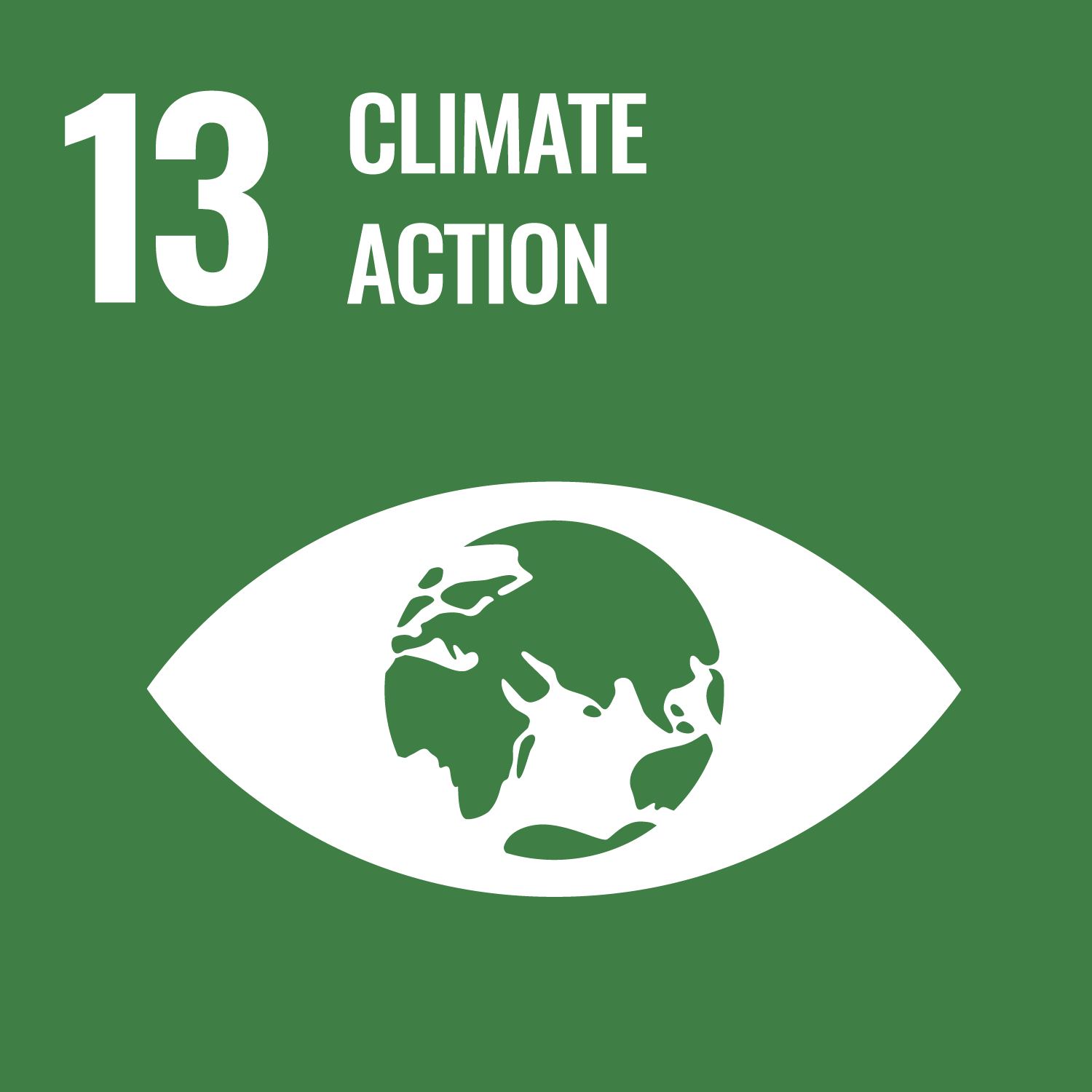ORCID
- Andrew Turner: 0000-0003-0505-4561
Abstract
Hypersaline lakes support unique ecosystems and biogeochemistries but are often subject to anthropogenic pressures from pollution, water abstraction-diversion and climate change. Less understood, however, are the inputs, distributions and impacts of microplastics (MPs) in hypersaline environments. In this study, MPs are determined in water and sediment cores of Maharloo Lake, south-west Iran, and in the anthropogenically-impacted rivers that recharge the lake. MP concentrations in river water ranged from 0.05 MP L-1 in the headwaters to about 2 MP L-1 downstream of industrial effluents, with intermediate (but elevated) concentrations observed in the lake. The maximum surface concentration in lake sediment cores was about 860 MP kg-1, and concentrations displayed a progressive reduction with increasing depth down to 50 cm that are qualitatively consistent with temporal changes in plastic production. The size distribution of MPs was skewed towards the finest fraction (< 100 μm) and the most abundant polymer types were polyethylene terephthalate, polyethylene and nylon. Flux calculations using river water data and published atmospheric deposition data for the region reveal that the atmosphere is, by at least an order of magnitude, the more important source. MPs added to the lake appear to be maintained in suspension by high density water but are subsequently deposited to sediments by encapsulation and nucleation as salts precipitate. In addition, it is proposed that direct atmospheric deposition to sediment takes place on areas that seasonally dry out and are subsequently inundated. The impacts of MPs on hypersaline ecosystems and biomass resources are unknown but warrant investigation.
DOI Link
Publication Date
2022-06-01
Publication Title
Science of the Total Environment
Volume
823
ISSN
0048-9697
Acceptance Date
2022-02-03
Deposit Date
2022-04-05
Embargo Period
2023-02-11
Creative Commons License

This work is licensed under a Creative Commons Attribution-NonCommercial-No Derivative Works 4.0 International License.
Recommended Citation
Abbasi, S., & Turner, A. (2022) 'Sources, concentrations, distributions, fluxes and fate of microplastics in a hypersaline lake: Maharloo, south-west Iran', Science of the Total Environment, 823. Available at: 10.1016/j.scitotenv.2022.153721


